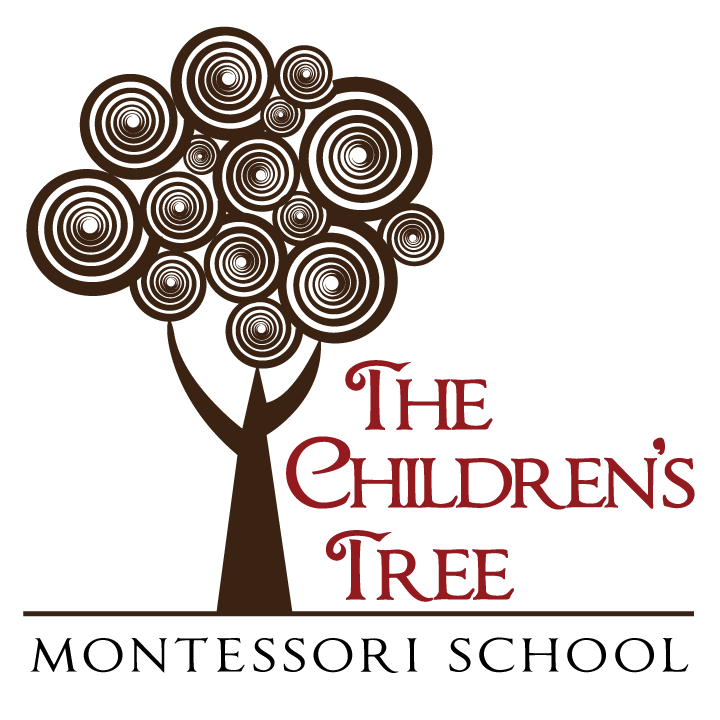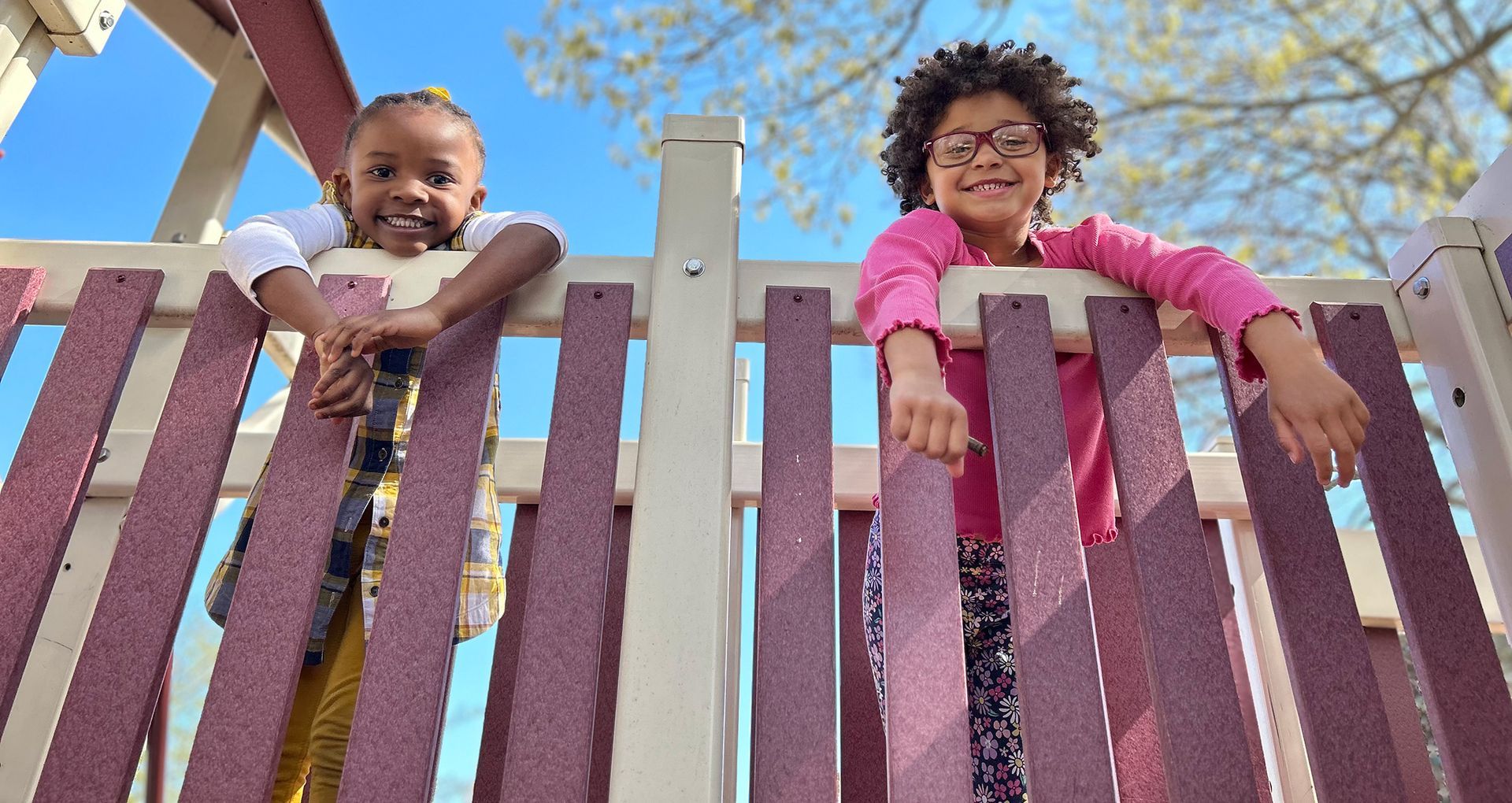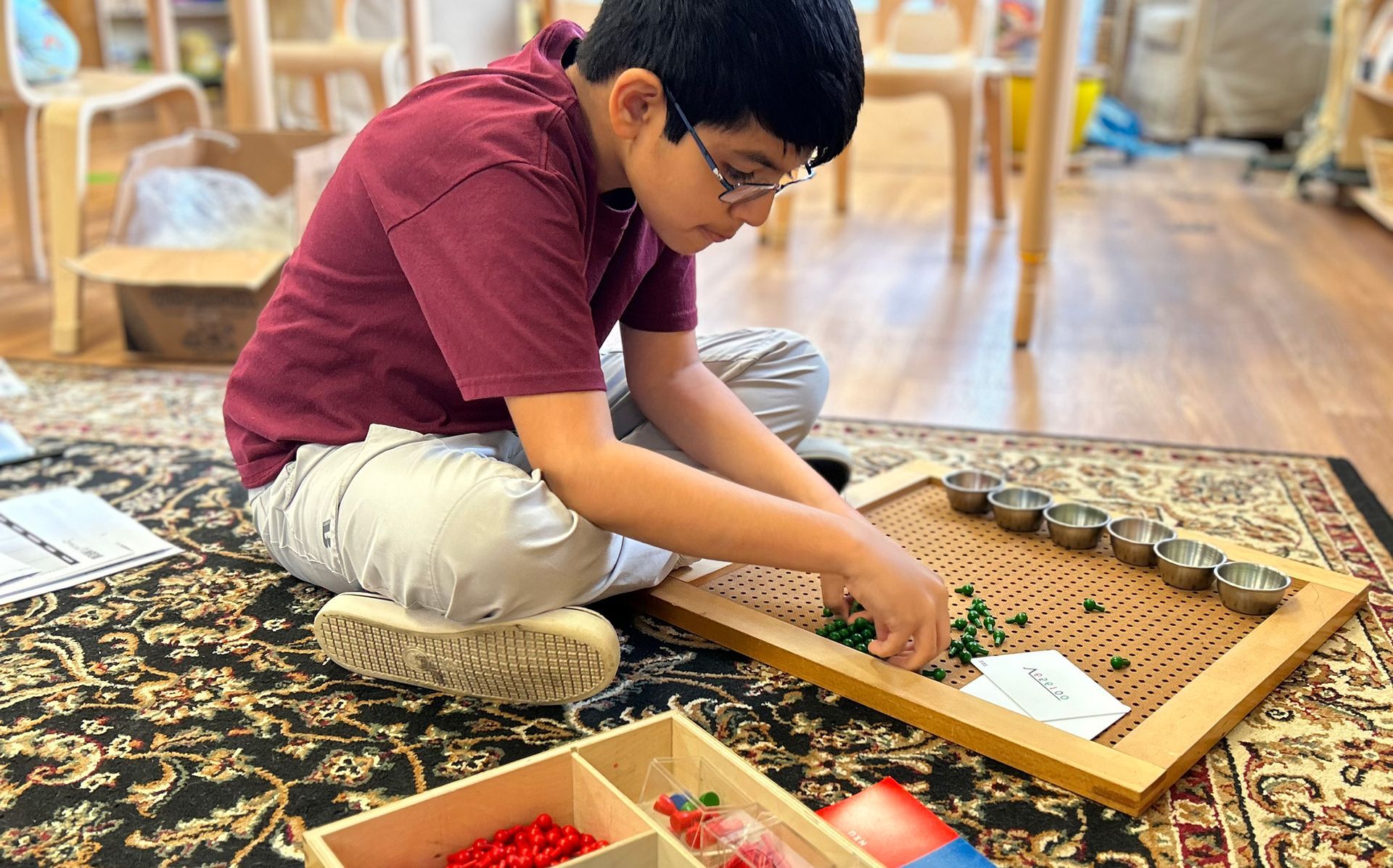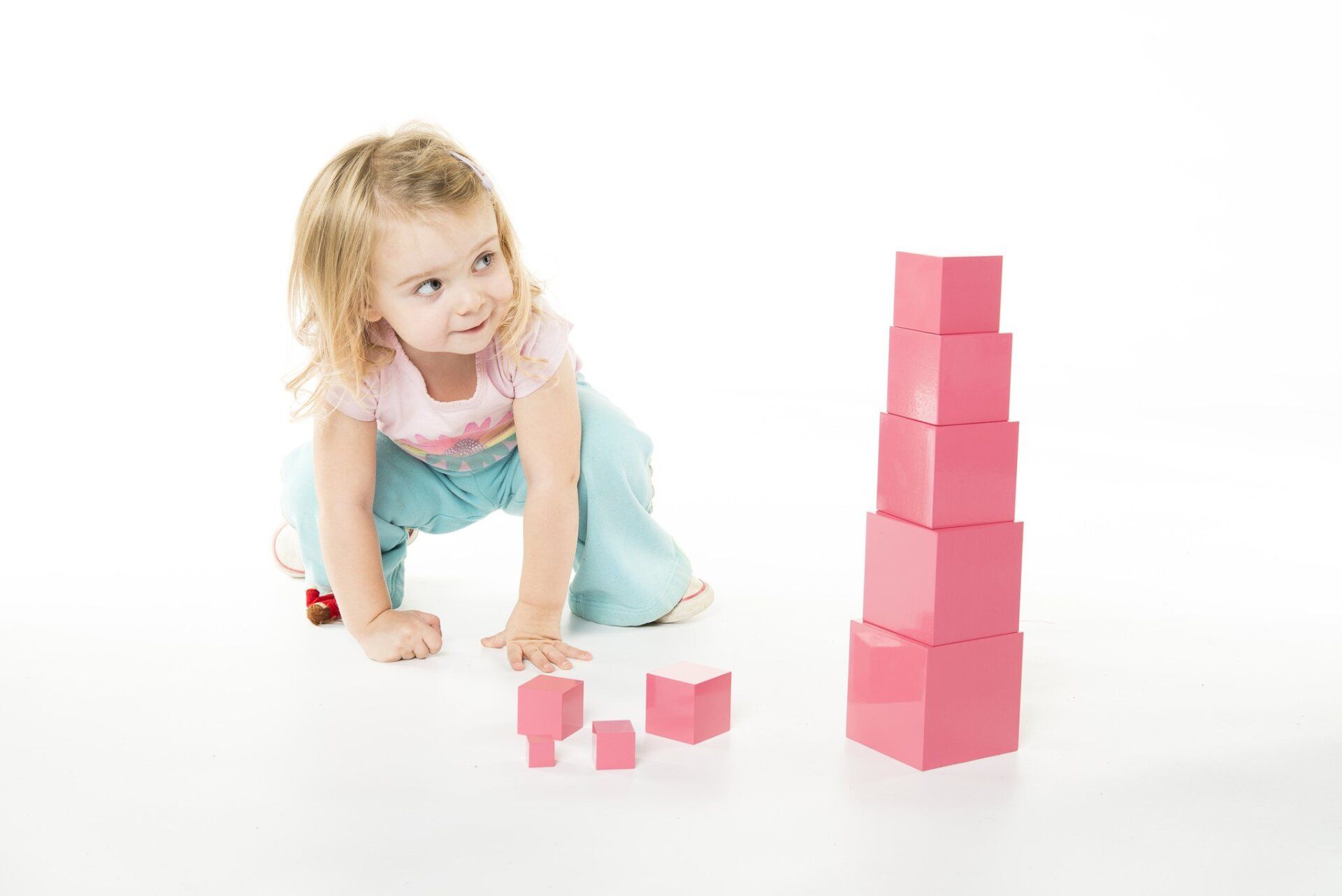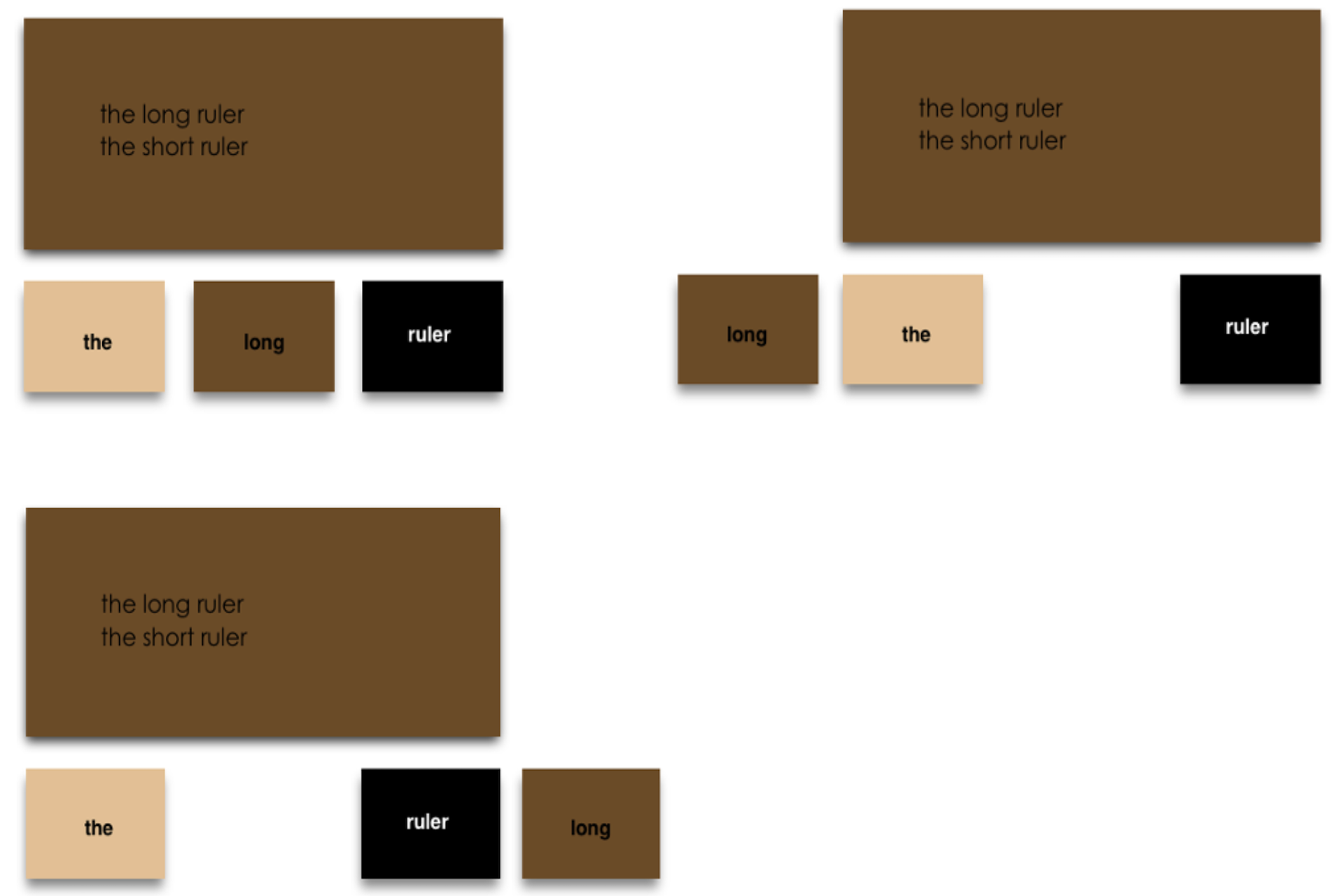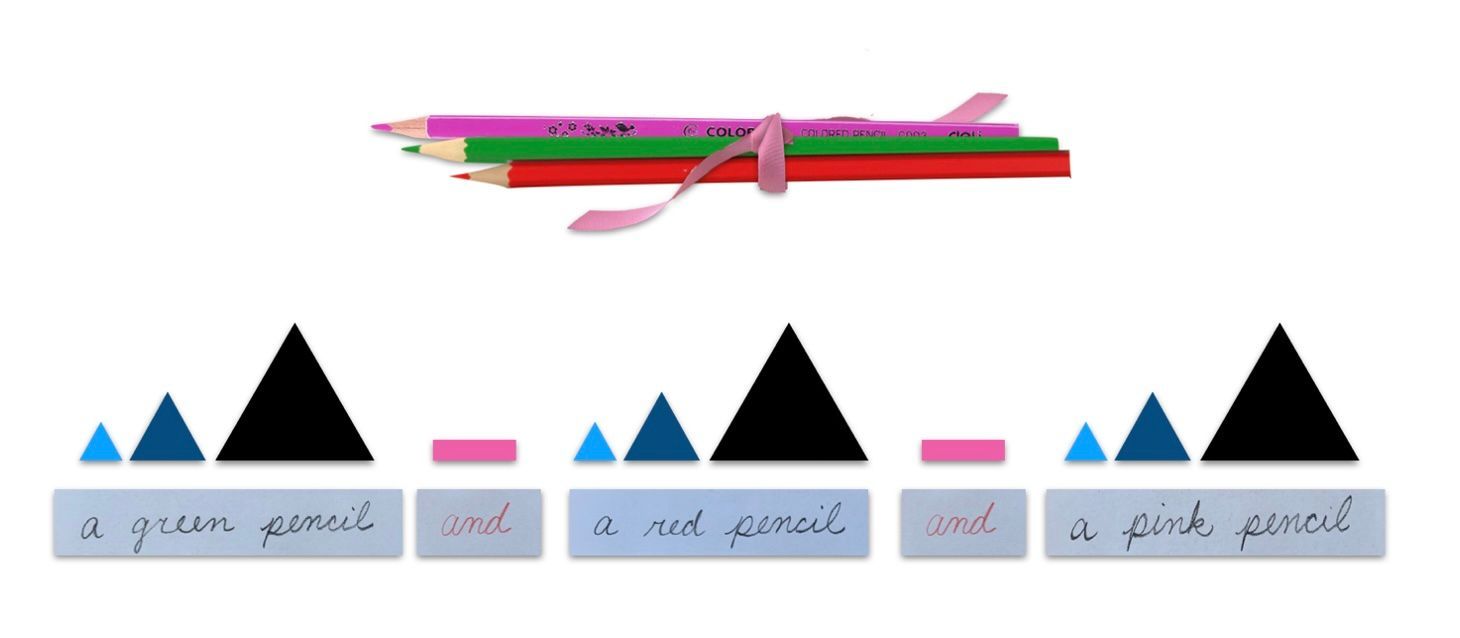Why The Children’s Tree Montessori School?
We Emphasize More than Just Academics
We honor your child’s individuality and focus on curiosity, independence, compassion, collaboration, and critical thinking, preparing him or her to take on the future with confidence, propelled by the gift of self knowledge and a passion for learning.
…but the Academics Are a Huge Strength.
It is not uncommon to see four-year-olds in our school reading, six-year-olds completing long division problems, and nine-year-olds classifying botanical specimens. The Montessori curriculum presents skills at the time when children are most ready to learn.
We’re a Community.
Our independent school is a community for more than just childcare. We view our relationship with you as a partnership, working together for the benefit of your child. Because children thrive when home and school work in harmony.
Our Programs
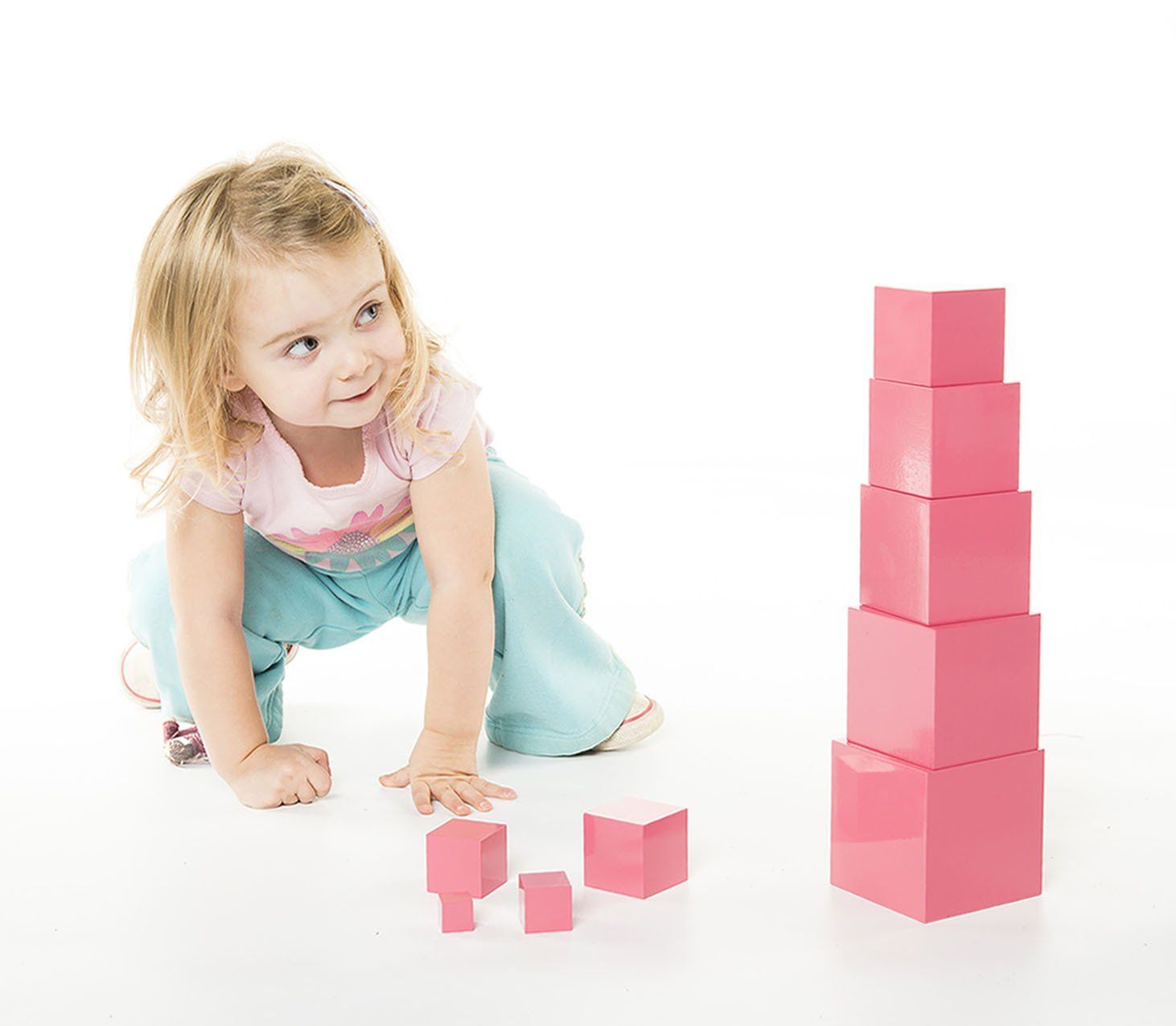
The Nest
1 - 3 years
Some refer to this developmental period as “The Terrible Twos.” We disagree; toddlers are terrific. We love everything about them – their energy, determination and curiosity – and purposefully created a very special place for your toddler to learn.
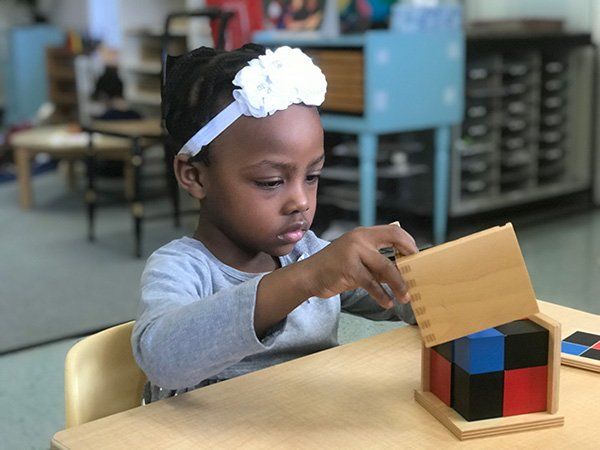
The Children's House
3 - 6 years
The Primary program is truly a gift to your child. Designed for preschool and Kindergarten children between the ages of 3 to 6 years, it is an opportunity to nurture his individual development within the context of a group setting. The result? Self-confidence, joy and a lifelong love-for-learning.
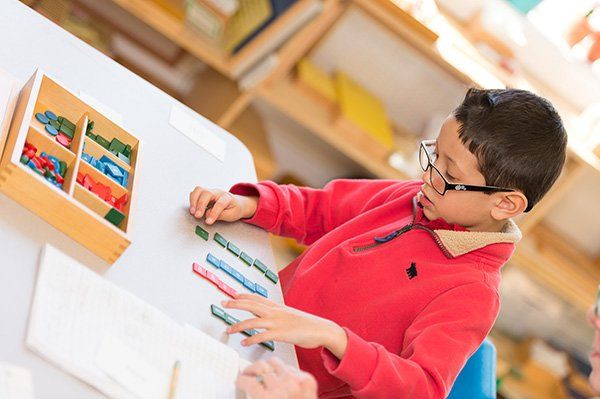
Where Unlimited Learning is Elementary
6 years - 12 years
The independent Elementary school for grades 1st-6th offers your child an unparalleled opportunity for growth in this new period of life. Your imaginative, social and creative child needs a school environment with appropriate freedom and limitations, with an expansive self-paced curriculum to support her curiosity and prepare her for the challenges of the future.

Journey to Independence
1 - 3 years
Some refer to this developmental period as “The Terrible Twos.” We disagree; toddlers are terrific. We love everything about them – their energy, determination and curiosity – and purposefully created a very special place for your toddler to learn.

A Love for Learning
3 - 6 years
The Primary program is truly a gift to your child. Designed for children between the ages of 3 to 6 years, it is an opportunity to nurture his individual development within the context of a group setting. The result? Self-confidence, joy and a lifelong love-for-learning.

Learning How to Think
6 years - 12 years
The Elementary program offers your child an unparalleled opportunity for growth in this new period of life. Your imaginative, social and creative child needs an environment with appropriate freedom and limitations, with an expansive curriculum to support her curiosity and prepare her for the challenges of the future.
How to Apply
Our School
Testimonials

“Dear Marci , Yesterday, your former student, Annabella, was awarded by Duke university and Texas A&M university for scoring in the top 10 percent on college bound SATs! Annabella is in seventh grade at Reading Junior High- a multi-cultural and highly competitive school in Fort Bend County, Texas. Annabella believes that starting her education at the age of 3 at your Montessori school has afforded her to excel in academics – something that she is quite proud of. Though she excels in the science and math, Annabella plans to study government, and attend law school in hopes of playing a role in our federal government. Thank you Marci for your devotion to our children’s education. Great job Marci!! With Gratitude”
Pamela
Button-

“Marci and CTMS staff. It never gets old and never ceases to amaze us. See what I can do night was, once again, thoroughly impressive. Thank you for all you do.”
Winnie and Josh
Button 
“Hello Marci and Miss Pam, I have been wanting to write a little thank you. Towards the end of this past summer Emma, my sweet/silly, kind, caring, old soul, artistic little dreamer, completely blossomed! I’m so grateful we took our time with Emma to let her come into her own…and that your beautiful school is right here in our town. It was the perfect place for Emma to spend her last 2 years. She gained confidence, beautiful friendships, security, independence, amazing life skills, learned to treat others with patience and kindness, and she learned there is life outside of her comfy home and family life. I thank you from the bottom of my heart for providing Emma (and us!) with the reassurance, love and kindness she needed during her preschool and kindergarten years. Here’s to a wonderful school year! Much love”
Caitlin and Michael
Button
Our Blog
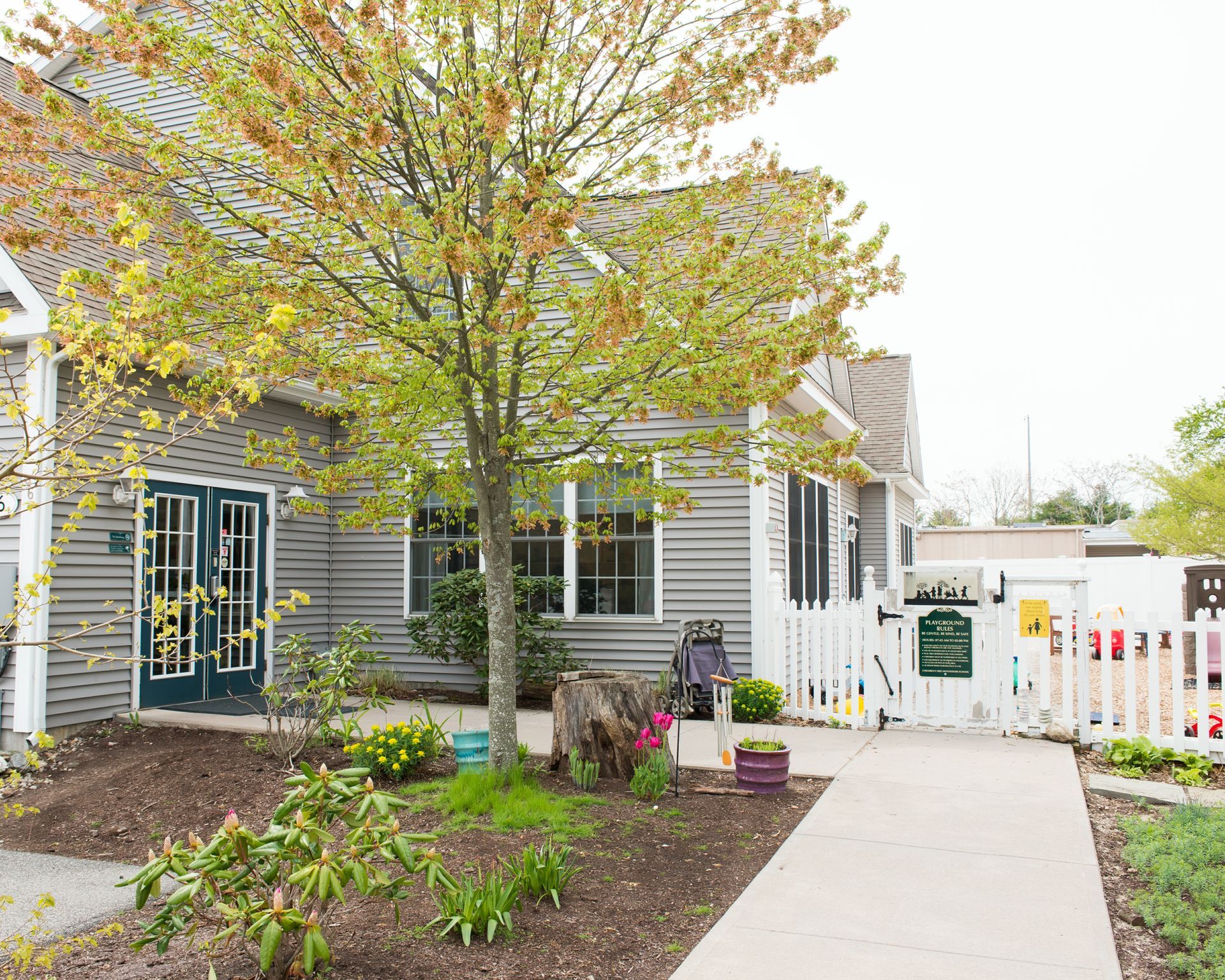
PROGRAMS

Main Campus:
96 Essex Rd., Old Saybrook, CT 06475
860.388.3536 • 860-388-4756
Maritime Campus:
203 Ferry Rd., Old Saybrook, CT 06475
860.391.8288
Privacy Policy | Accessibility
The Children's Tree Montessori School
